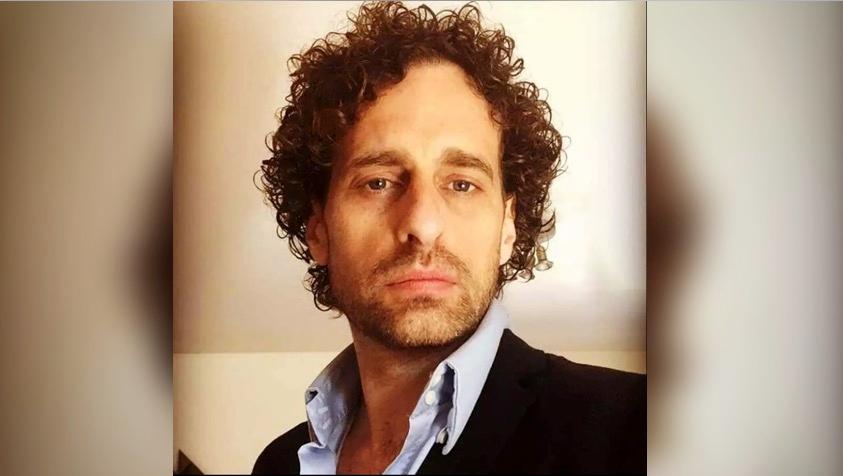An actor who died after police said he “forced himself off a bridge” posted a rambling apology to President Donald Trump and the QAnon movement before his death.
Isaac Kappy, 42, died on May 13 in Bellmont, Arizona, reported TMZ.


An actor who died after police said he “forced himself off a bridge” posted a rambling apology to President Donald Trump and the QAnon movement before his death.